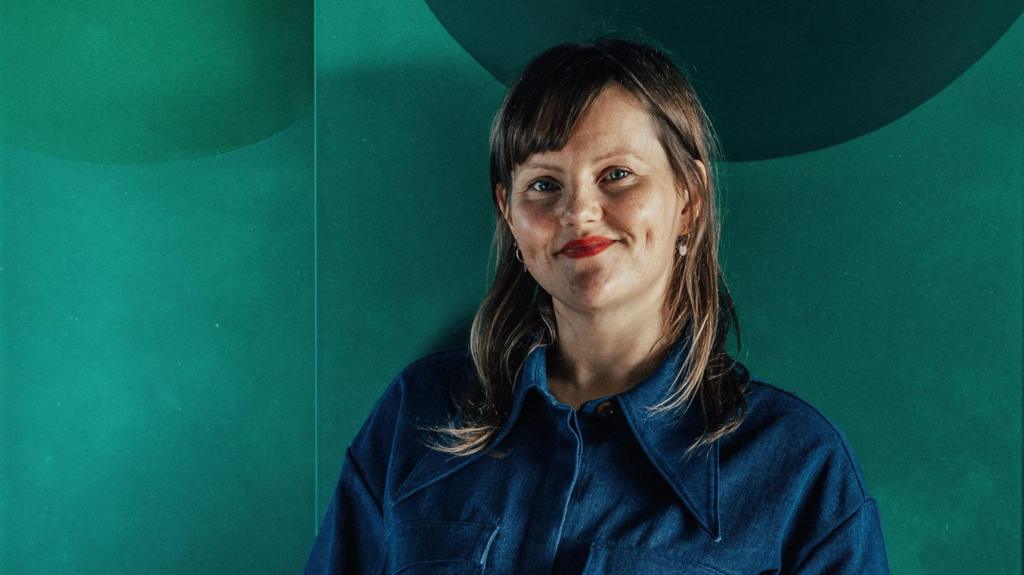Sabine Zetteler, owner of a London communications agency, remains unconvinced about AI’s value. She cites a powerful statement: “Why would I bother to read something someone couldn’t be bothered to write?” This sentiment perfectly encapsulates her perspective.
Zetteler questions the purpose of AI-generated content, posing the rhetorical question: “What’s the point of sending something we didn’t write, reading a newspaper written by bots, listening to a song created by AI, or me making a bit more money by sacking my administrator who has four kids?” She emphasizes the absence of “joy, love, or aspirational betterment” in such a scenario.
Zetteler’s resistance reflects a broader sentiment against the rapid AI integration sparked by ChatGPT’s late 2022 launch. ChatGPT’s immense popularity, exceeding five billion monthly visits according to Semrush, highlights the technology’s widespread adoption.
However, the considerable energy consumption associated with training and running AI systems, like ChatGPT, is a major concern. A Goldman Sachs report estimates a ChatGPT query consumes nearly ten times the electricity of a Google search, fueling environmental anxieties.
Florence Achery, owner of Yoga Retreats & More, shares these concerns, citing both the “soulless” nature of AI and its significant environmental impact as reasons for avoiding its use. She notes a lack of public awareness regarding AI’s energy consumption.
While acknowledging AI’s potential for social good, particularly for accessibility needs, Zetteler expresses reservations about its long-term societal effects. She draws a parallel between using AI and prioritizing cost-cutting measures over ethical considerations, questioning the definition of success beyond profit margins.
Sierra Hansen, a Seattle-based public affairs professional, voices concern that AI hinders critical thinking and problem-solving skills. She argues against delegating simple tasks to AI, emphasizing the importance of self-reliance in cognitive processes.
Not everyone shares this luxury of opting out. Jackie Adams (pseudonym), a digital marketer, initially resisted AI due to environmental concerns and a perception of laziness. However, budgetary pressures and the increasing demand for AI skills in job descriptions forced her to adapt.
Adams now views AI as a tool for enhancing her work, using it for tasks such as copywriting refinement and photo editing. This shift highlights the practical realities many professionals face regarding AI integration in their fields.
James Brusseau, a philosophy professor specializing in AI ethics at Pace University, suggests the opportunity to avoid AI’s influence has largely passed. He predicts its increased use in various sectors, although he anticipates continued human oversight in areas requiring nuanced judgment.
Despite her professional acceptance of AI, Adams remains apprehensive about its pervasive influence, noting its integration into seemingly ubiquitous tools like Google search and email, expressing a sense of diminishing control over personal information and online experiences.
Sign up for our Tech Decoded newsletter to follow the world’s top tech stories and trends. Outside the UK? Sign up here.
The new centre is aimed at addressing “growing regional and national needs for expertise”.
Staff at Hull’s Jean Bishop Centre say AI can improve patient care and reduce staff burnout.
They are among 400 artists appealing to Sir Keir Starmer, saying creative industries are threatened.
An arctic vault holds digital back-ups of some of humanity’s great works of art, history and technology.
With the help of artificial intelligence, a man was ‘brought back to life’ at his killer’s sentencing to deliver a victim’s statement himself.

